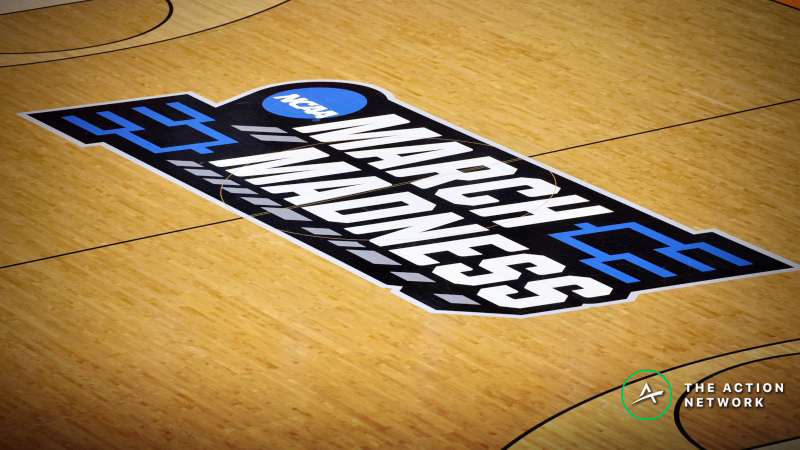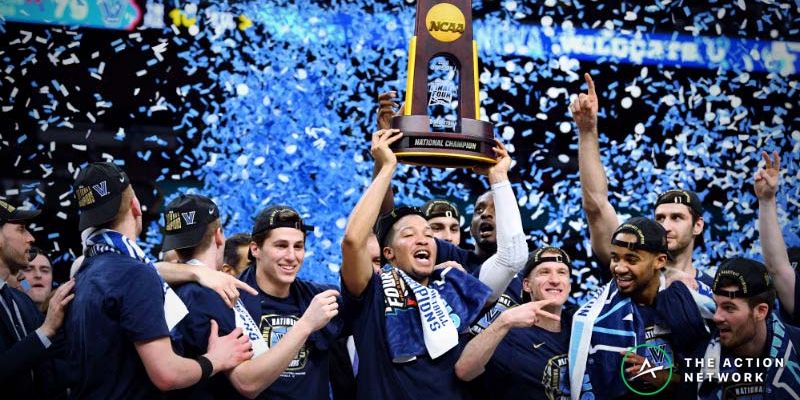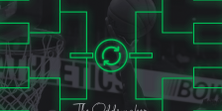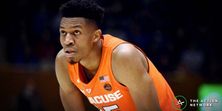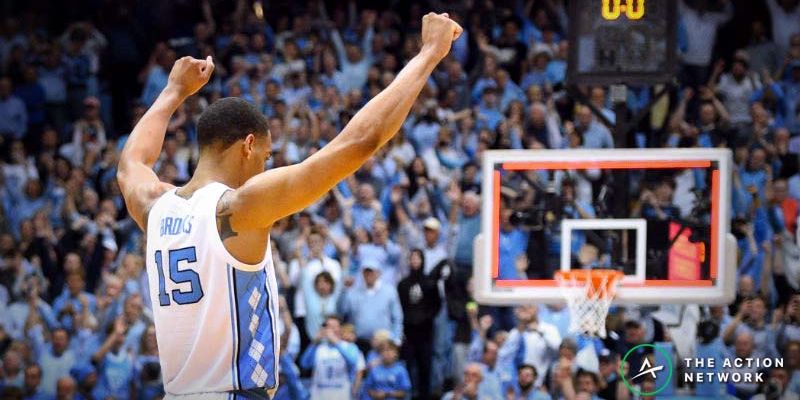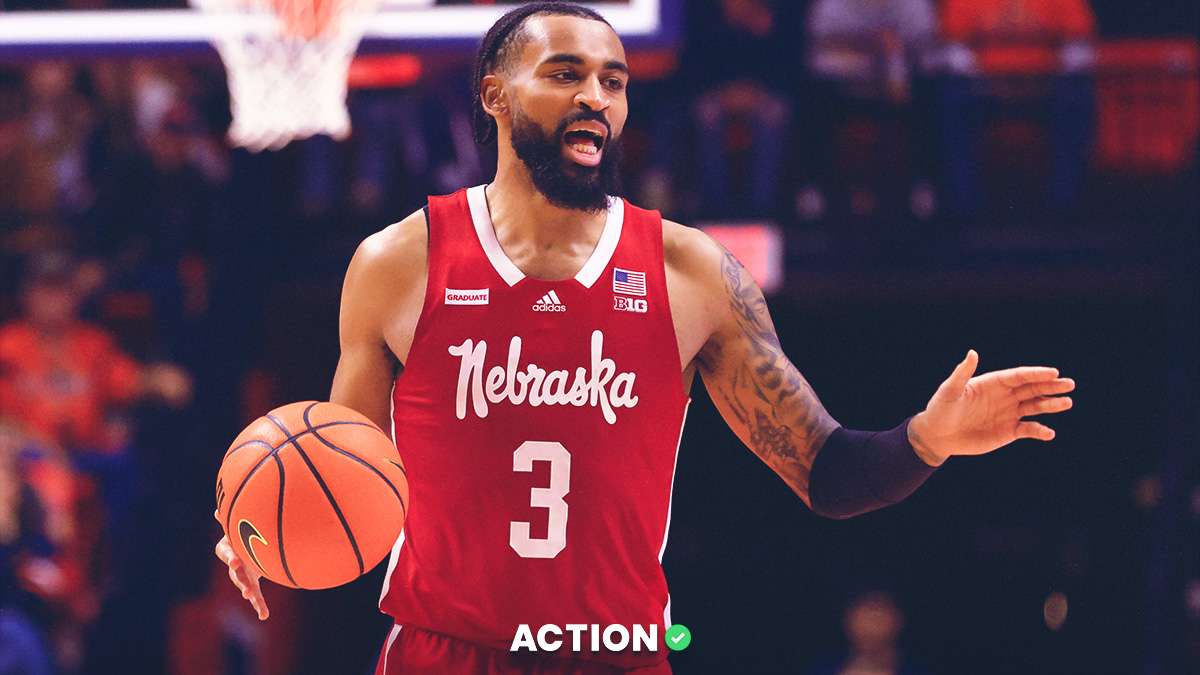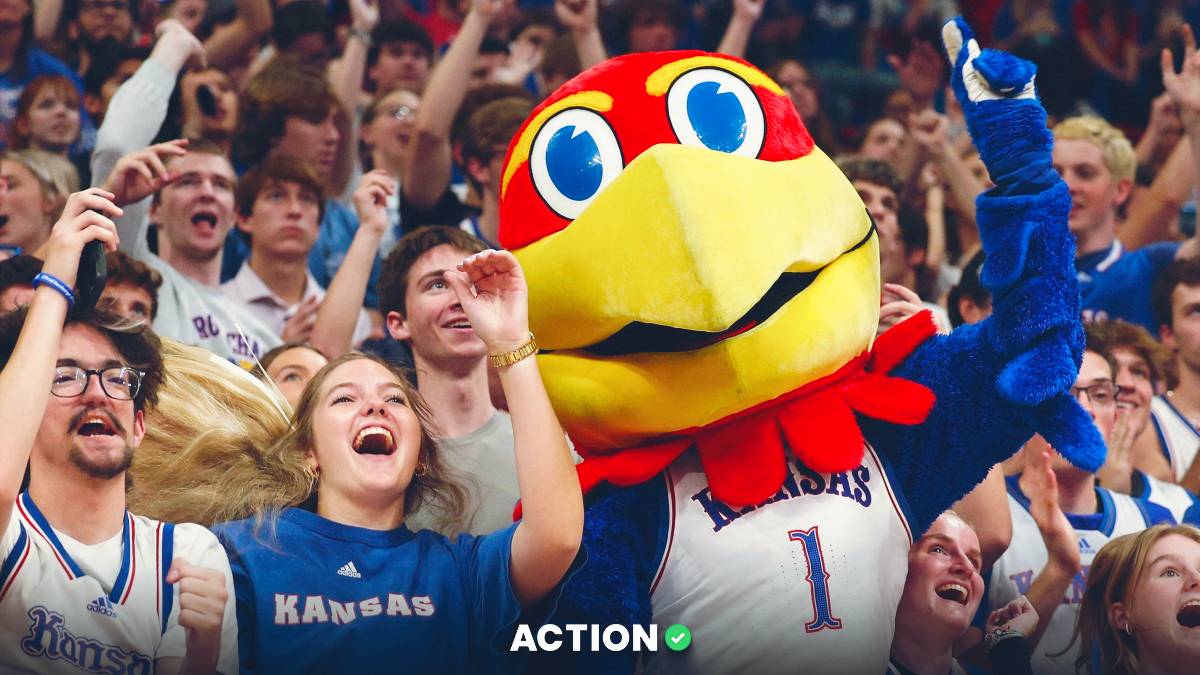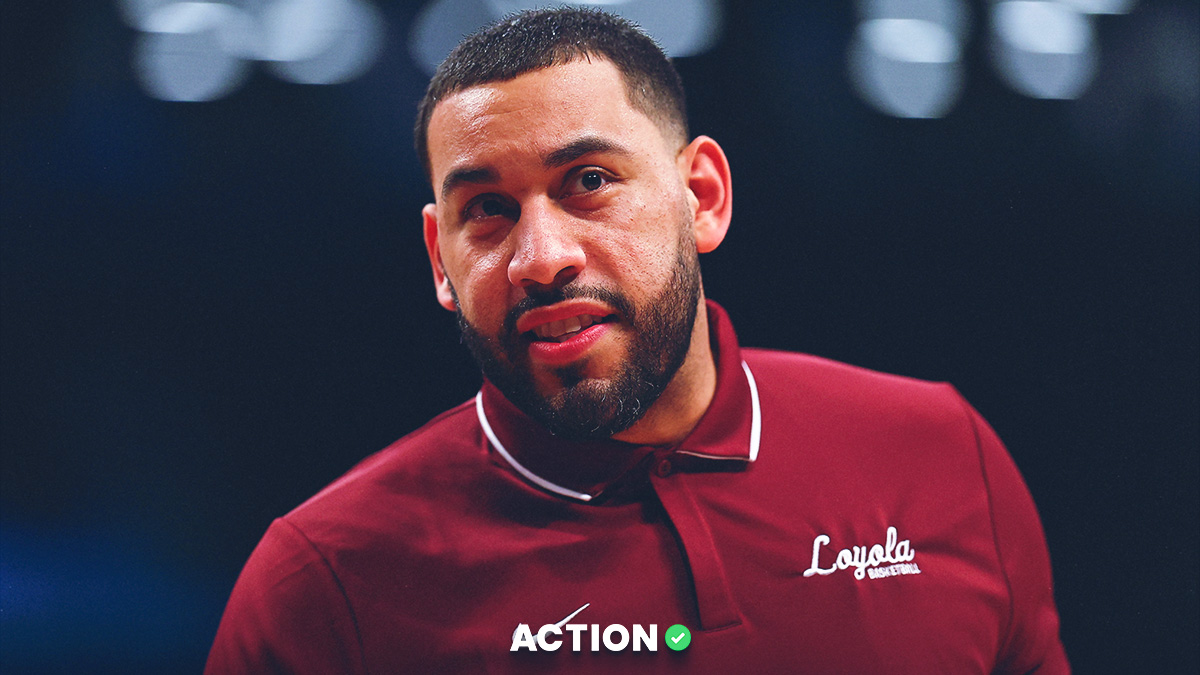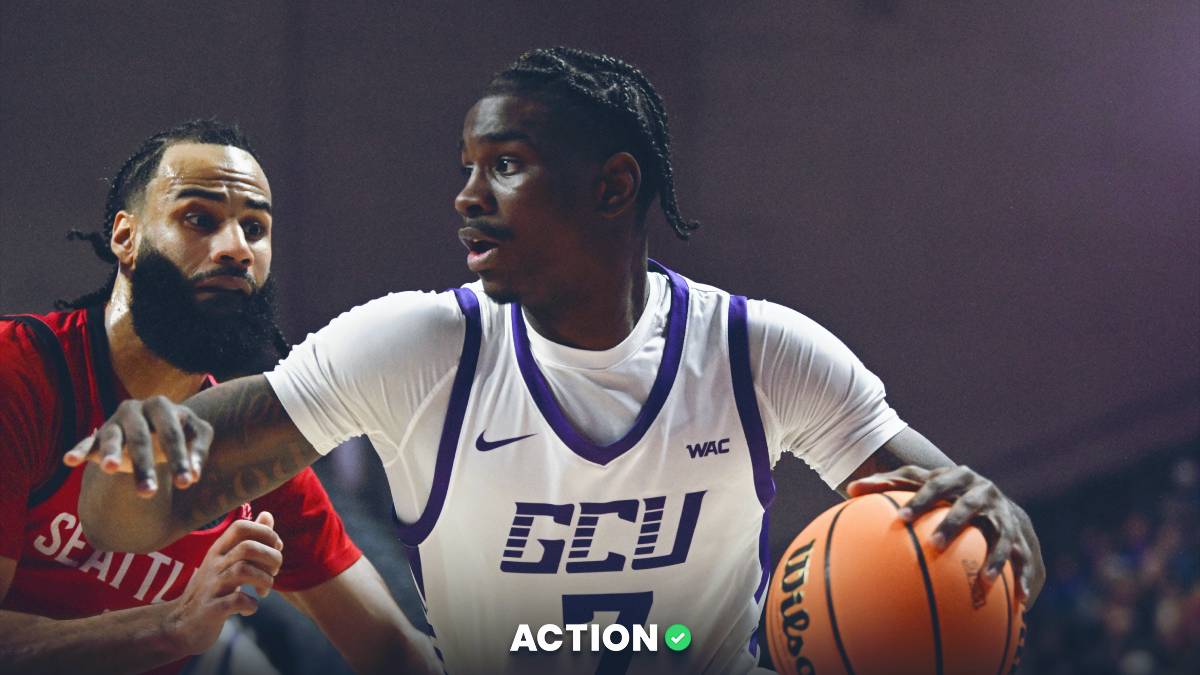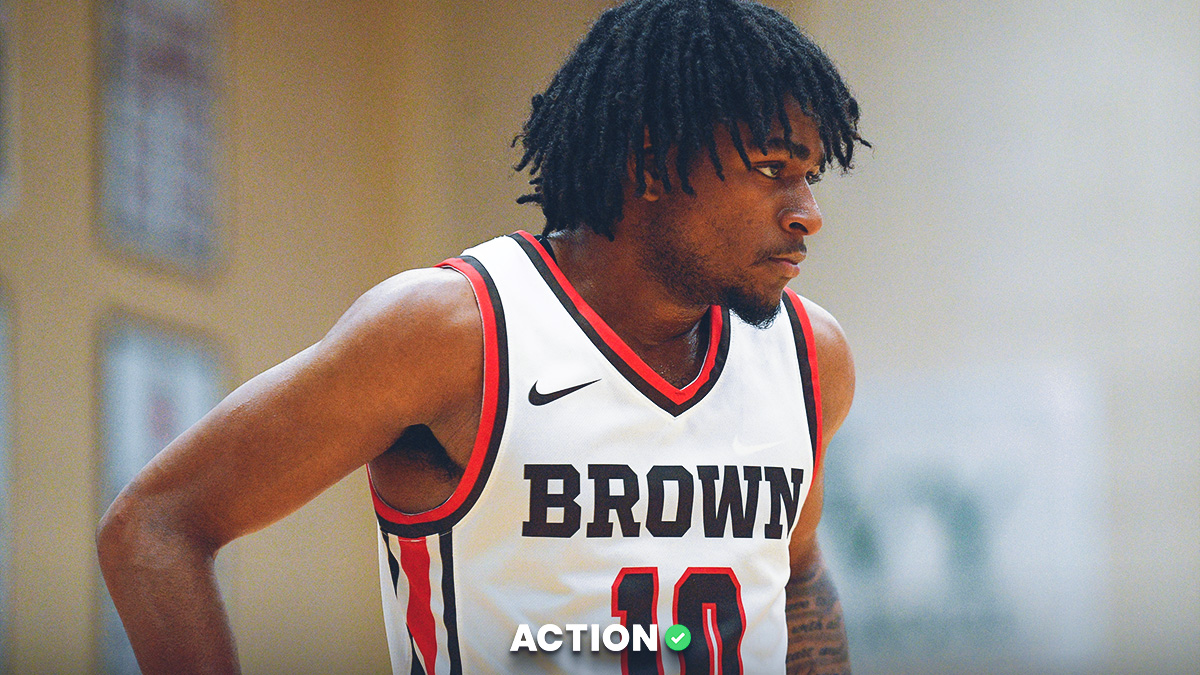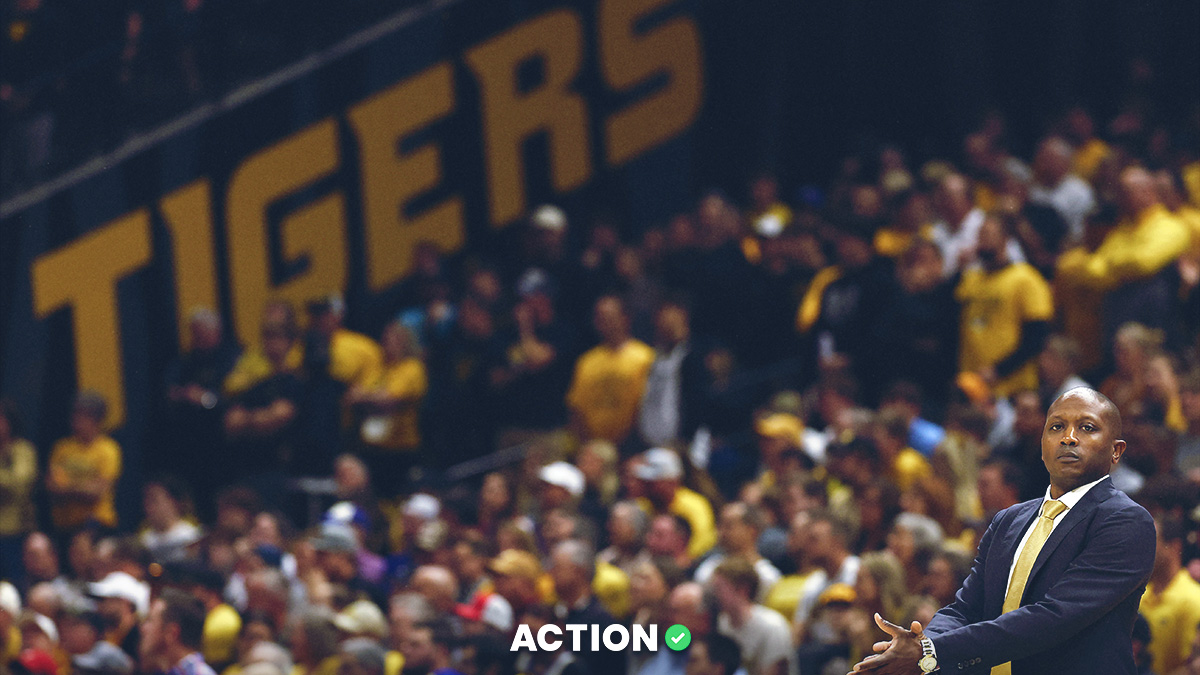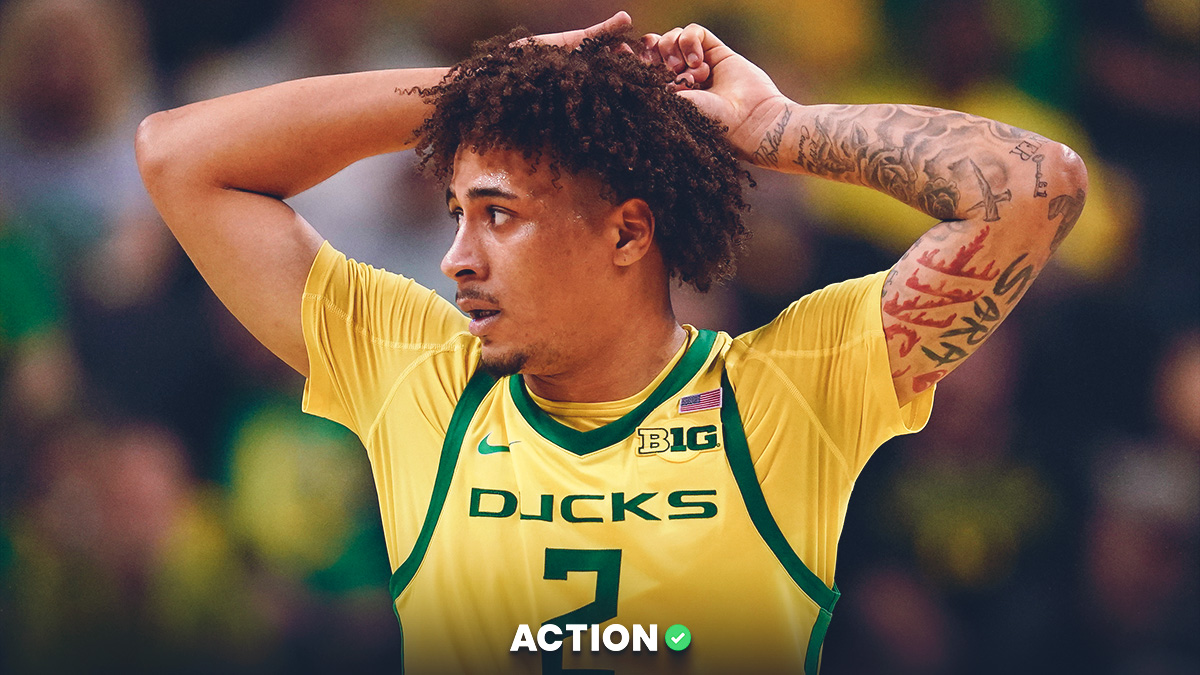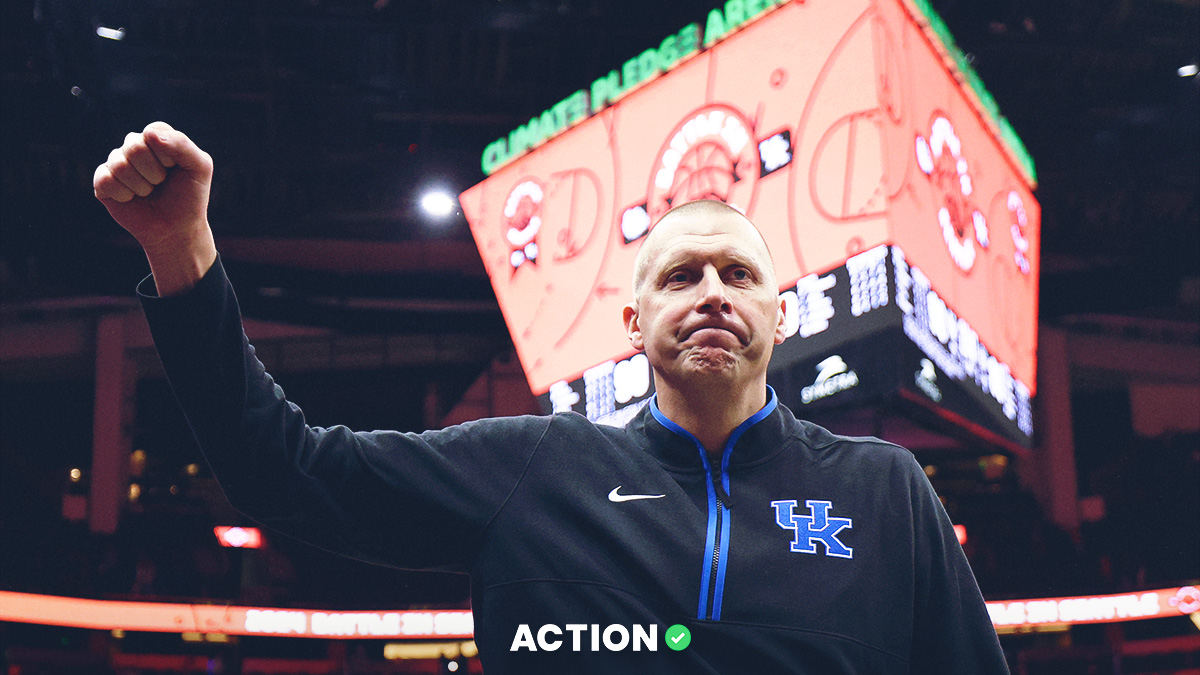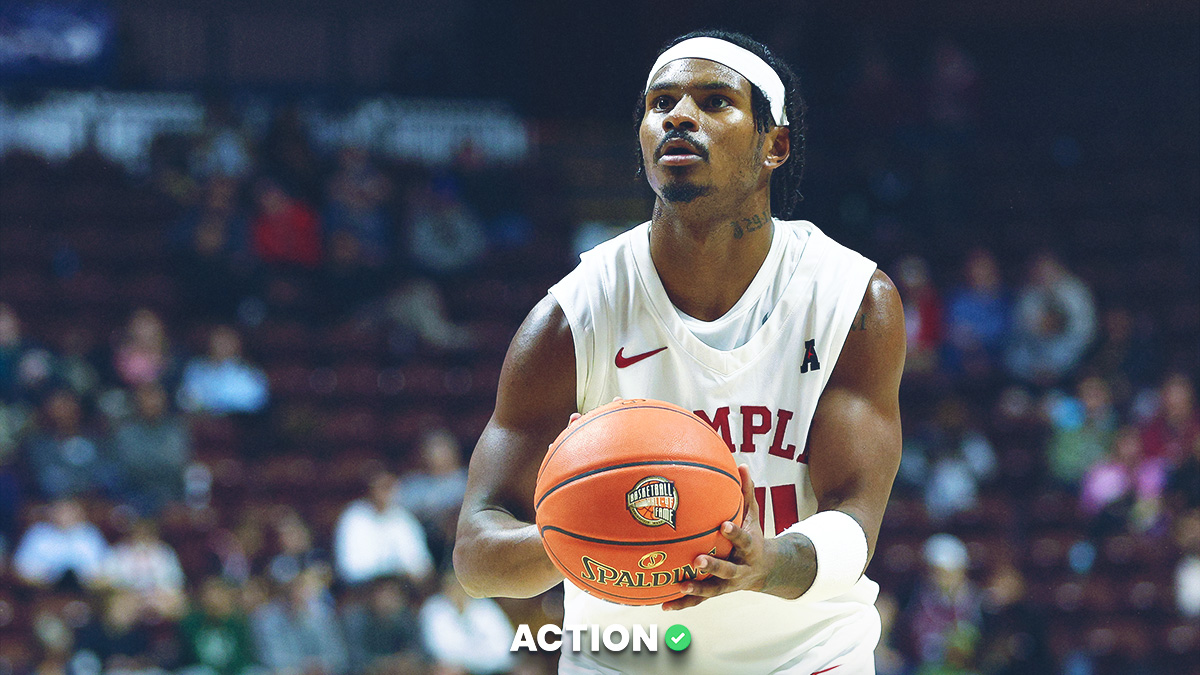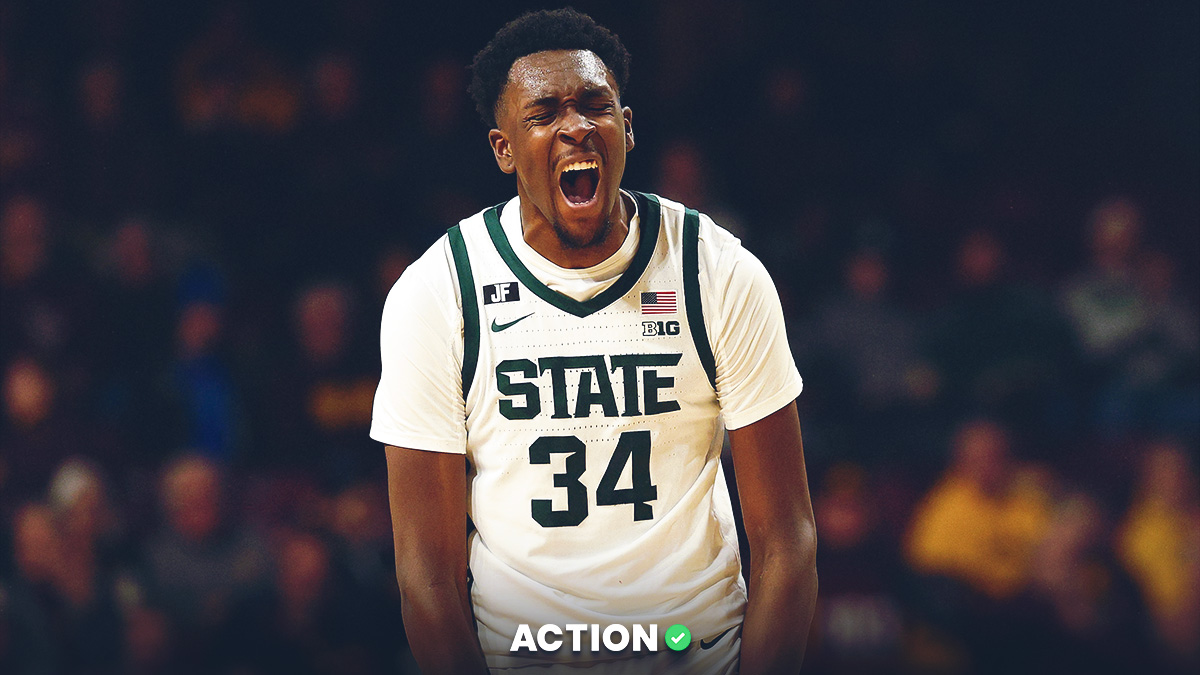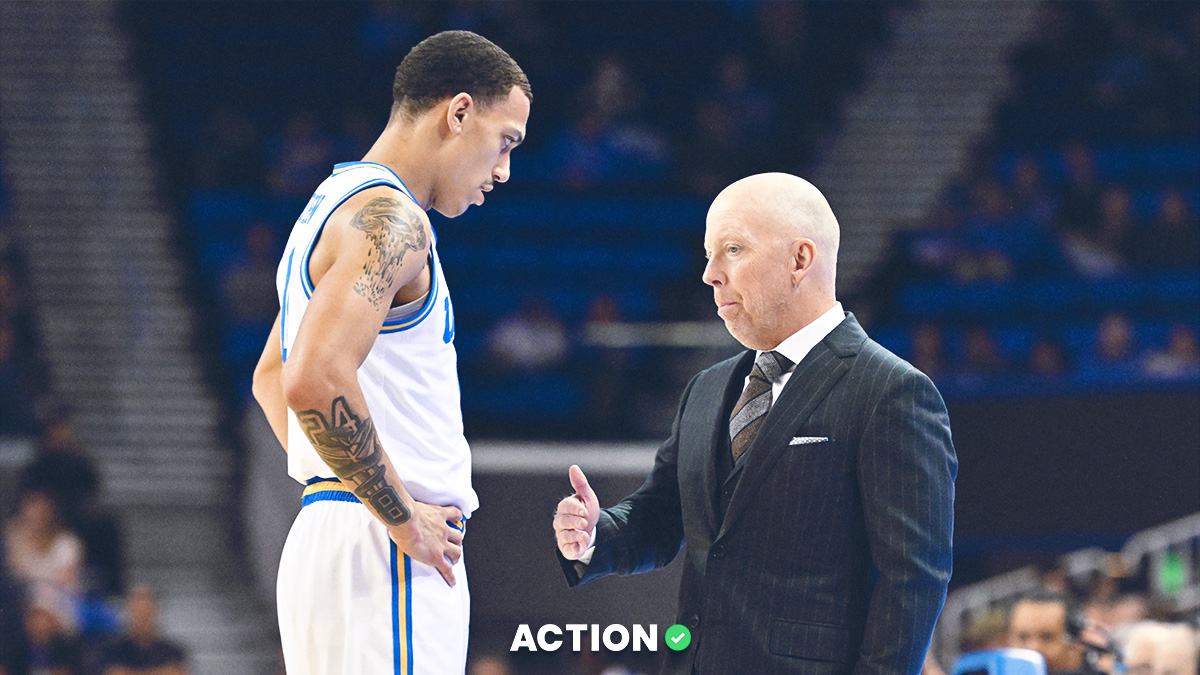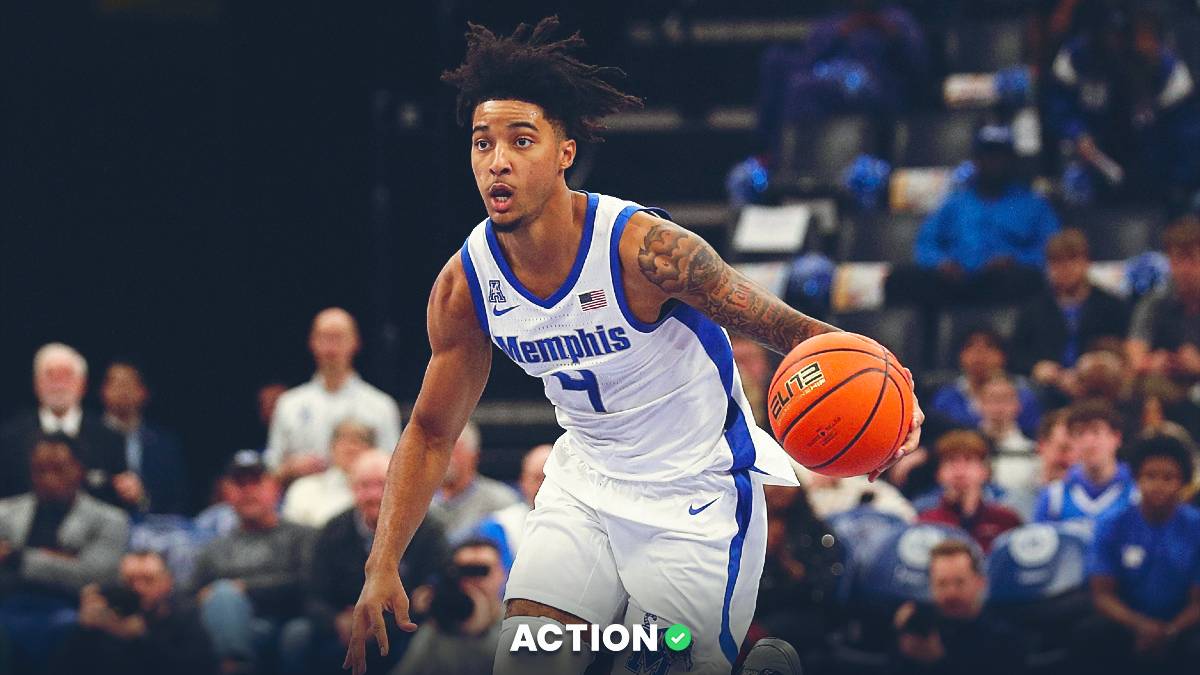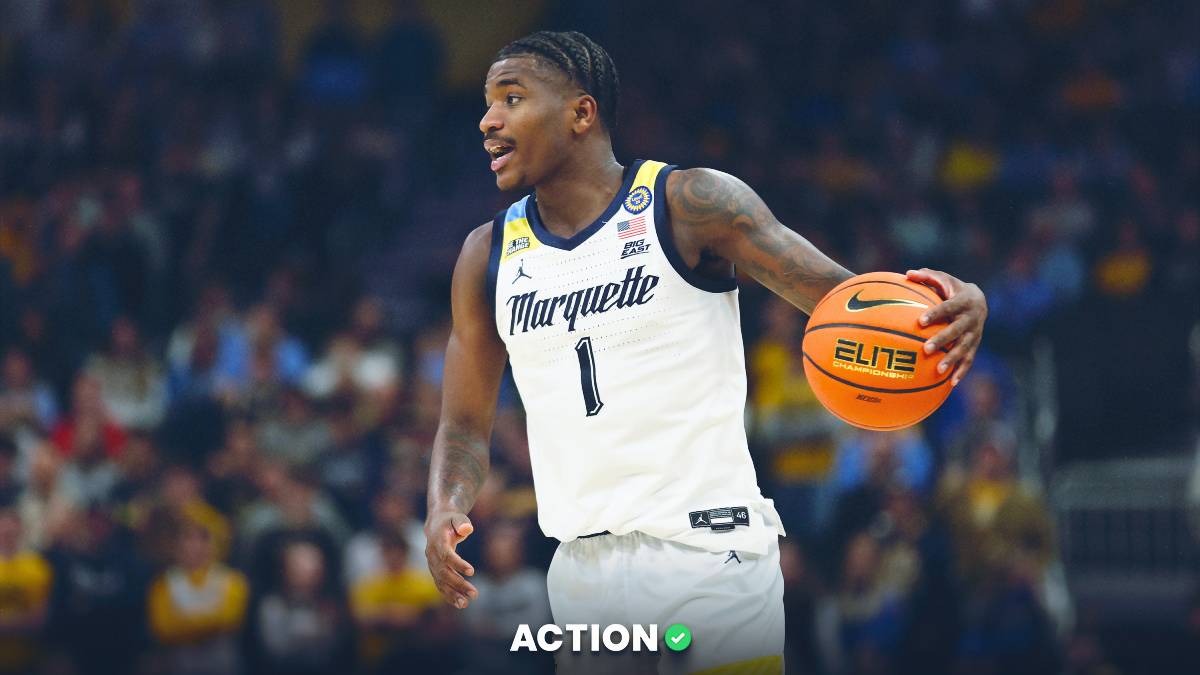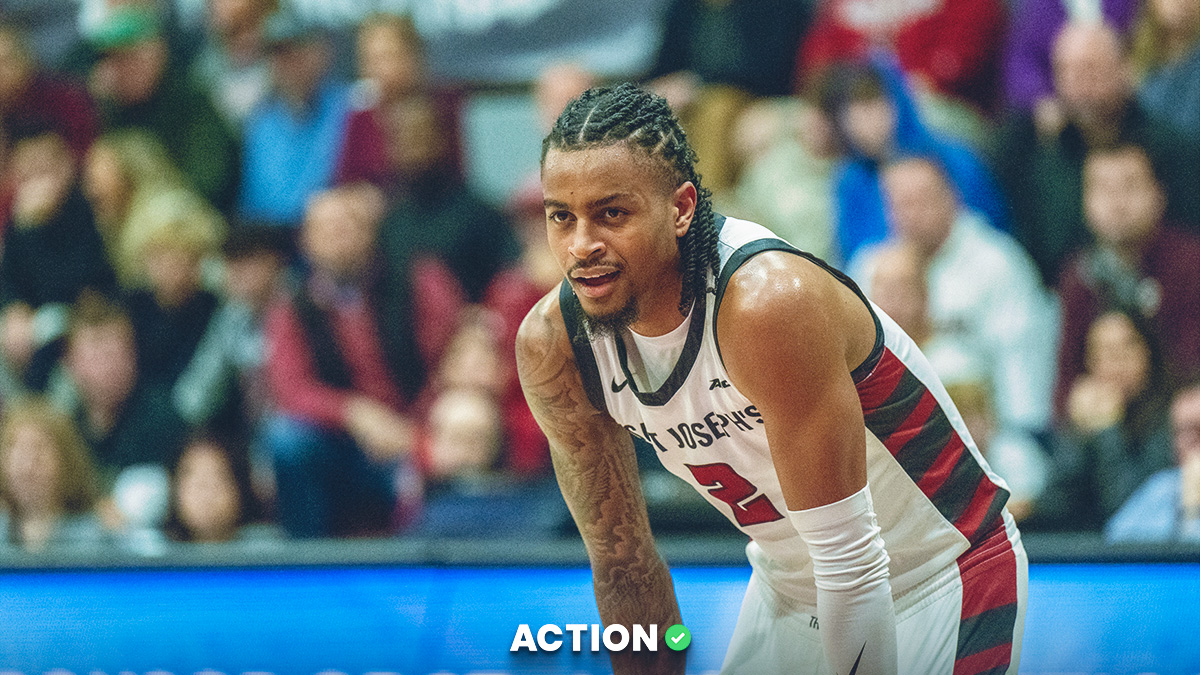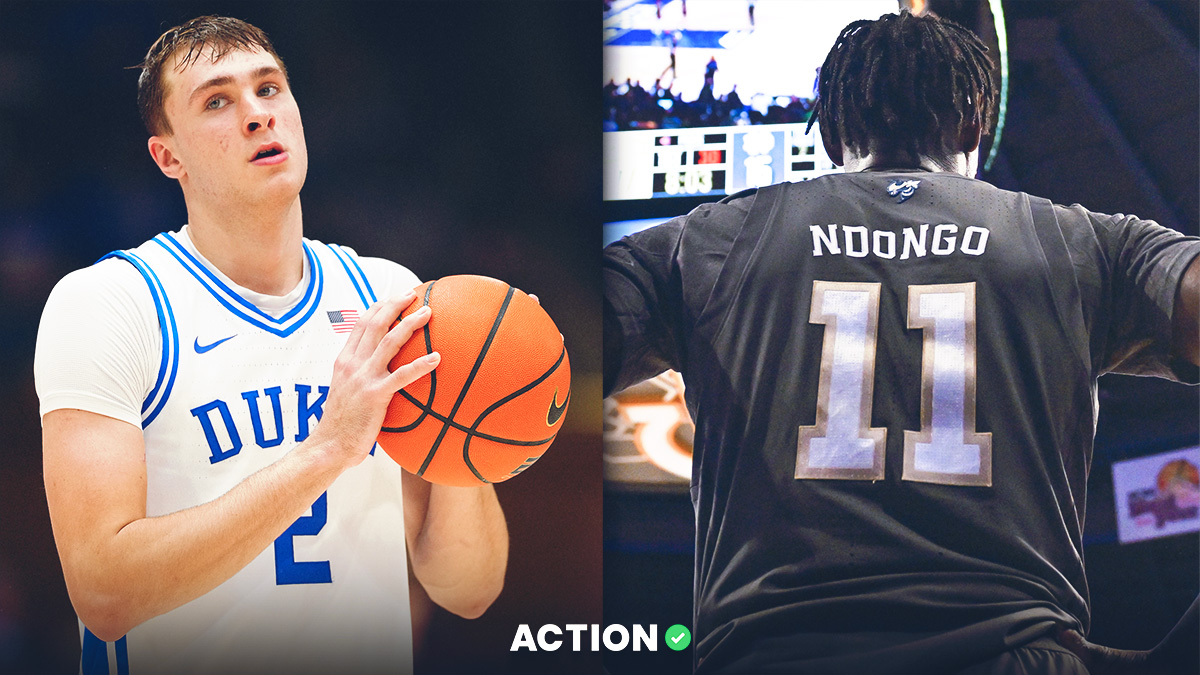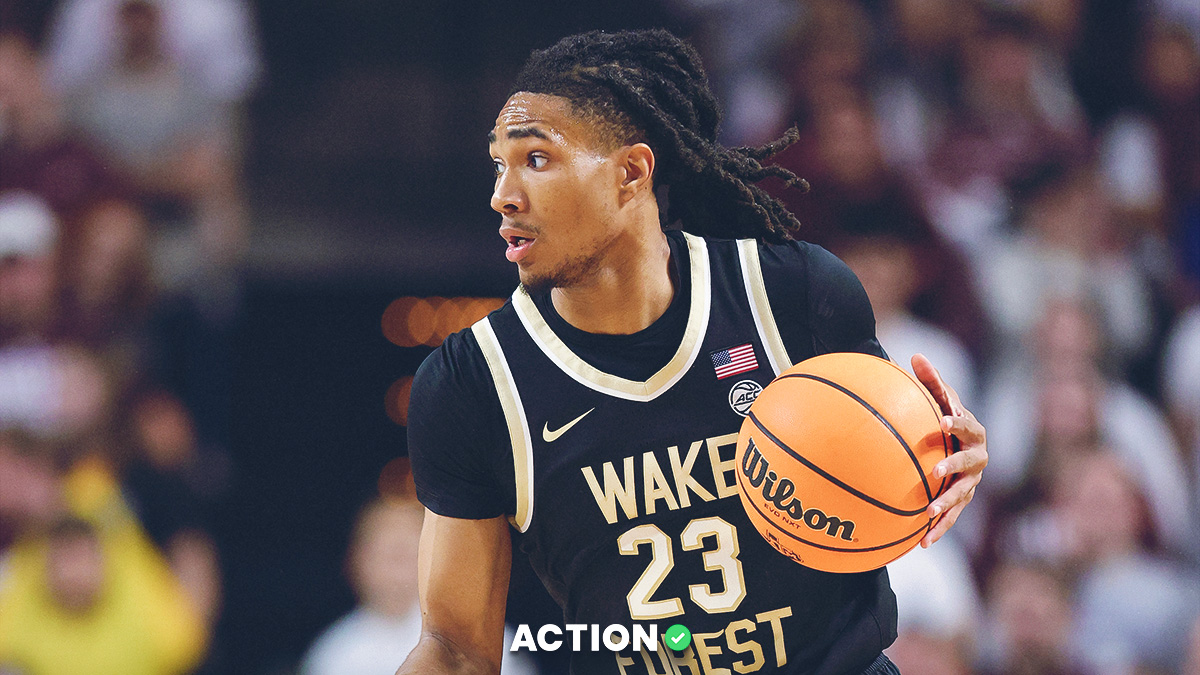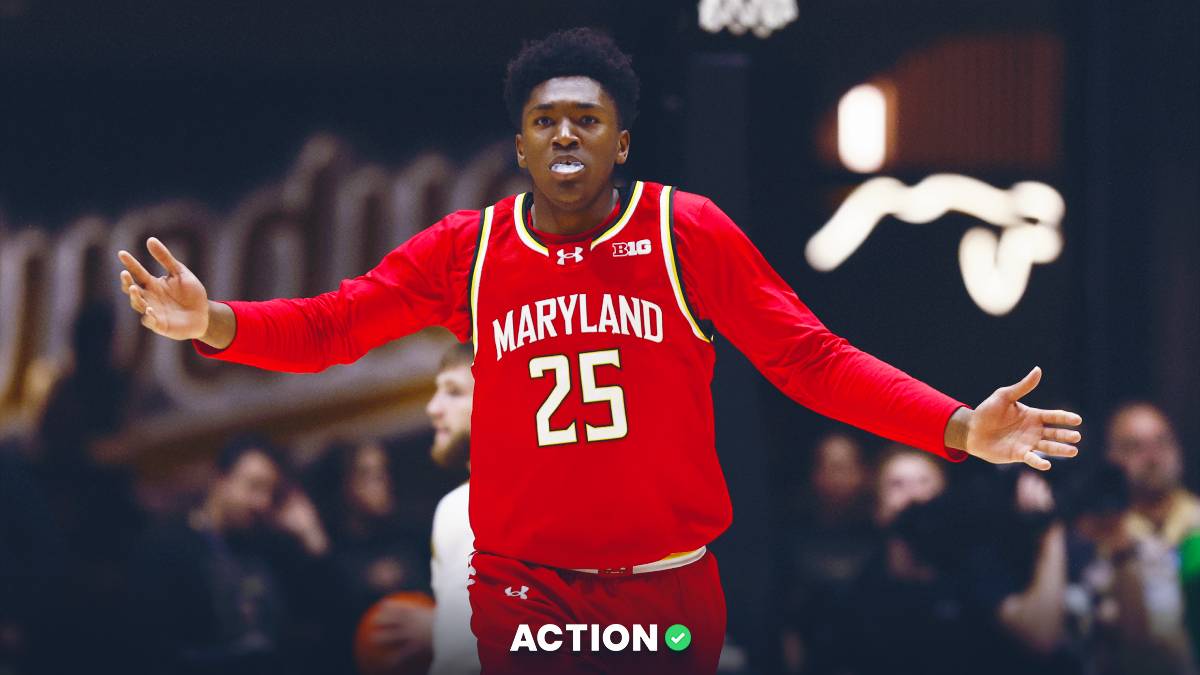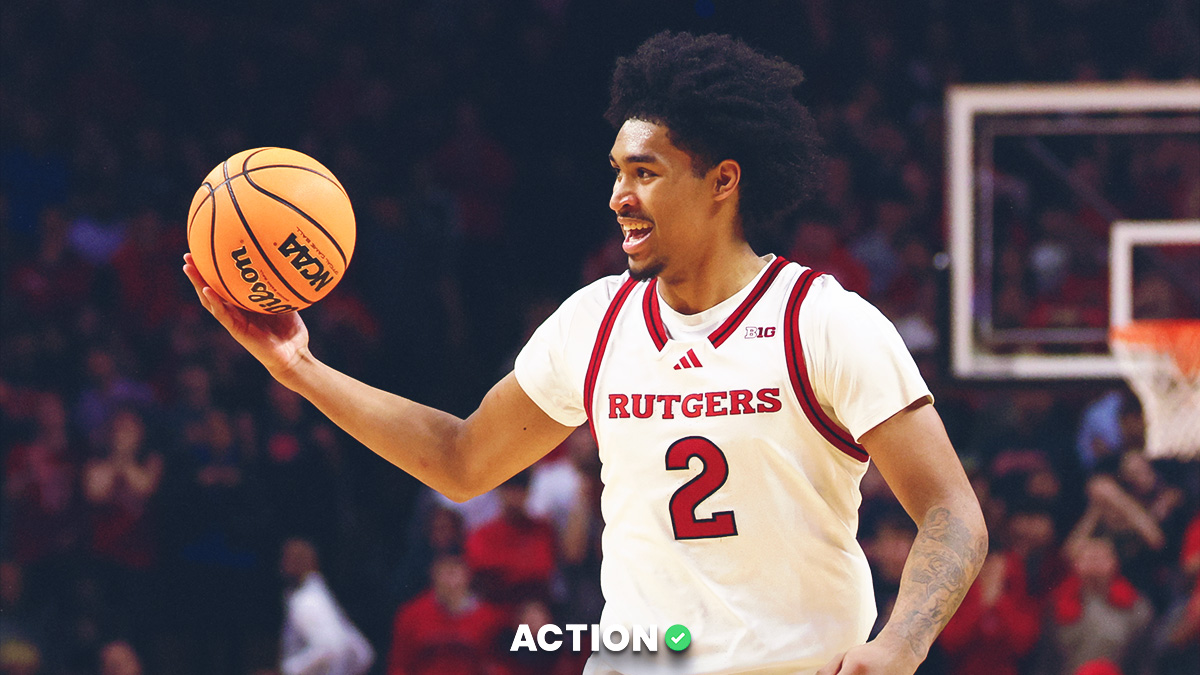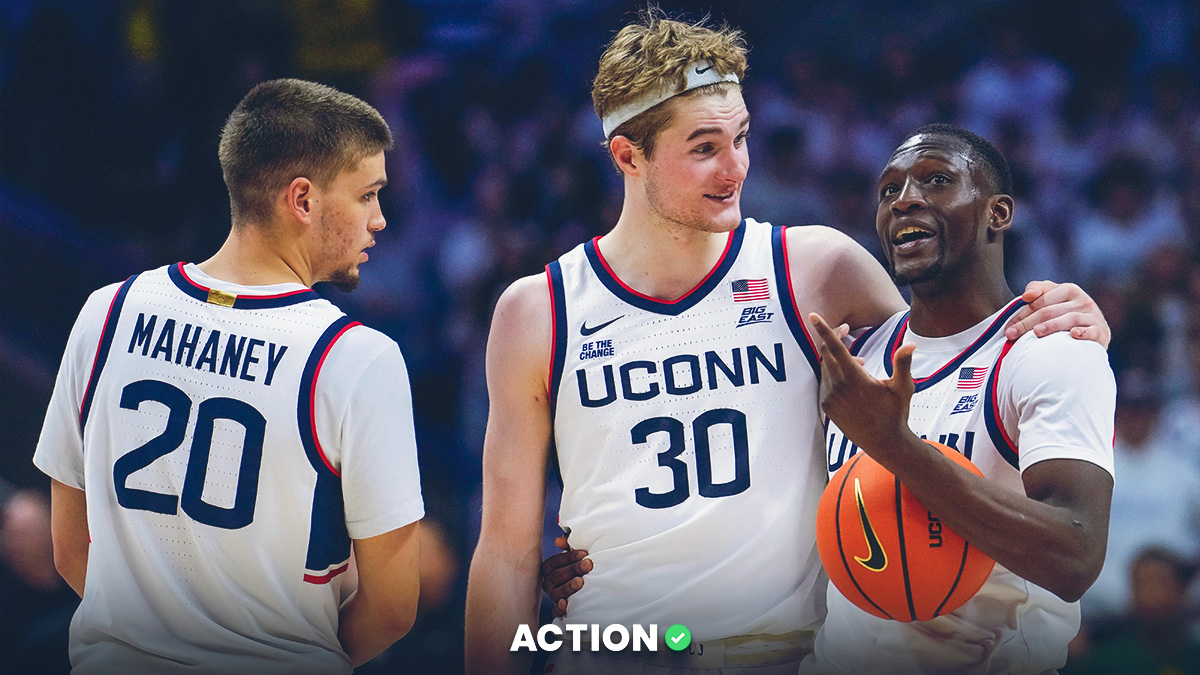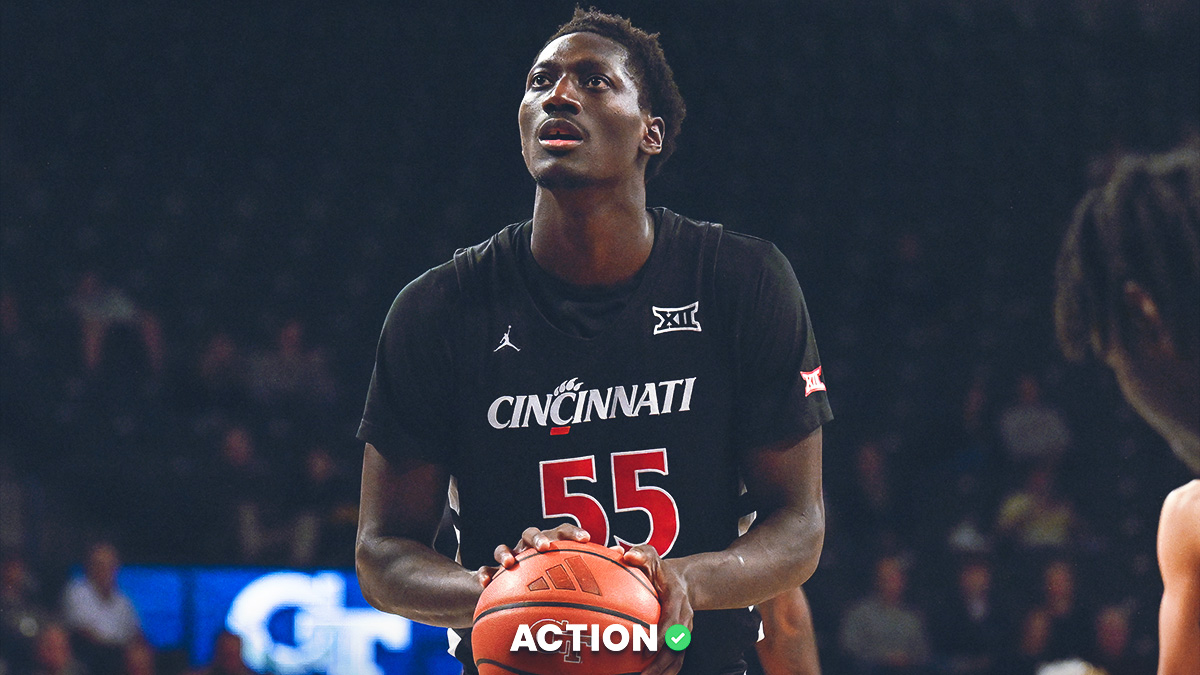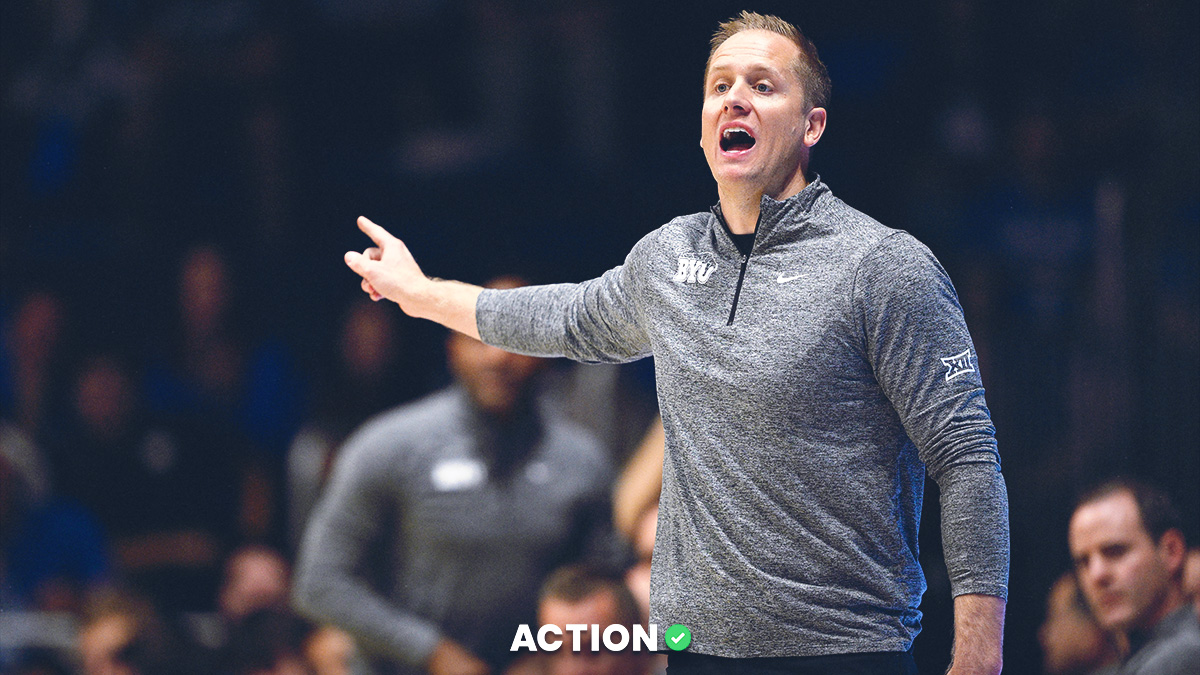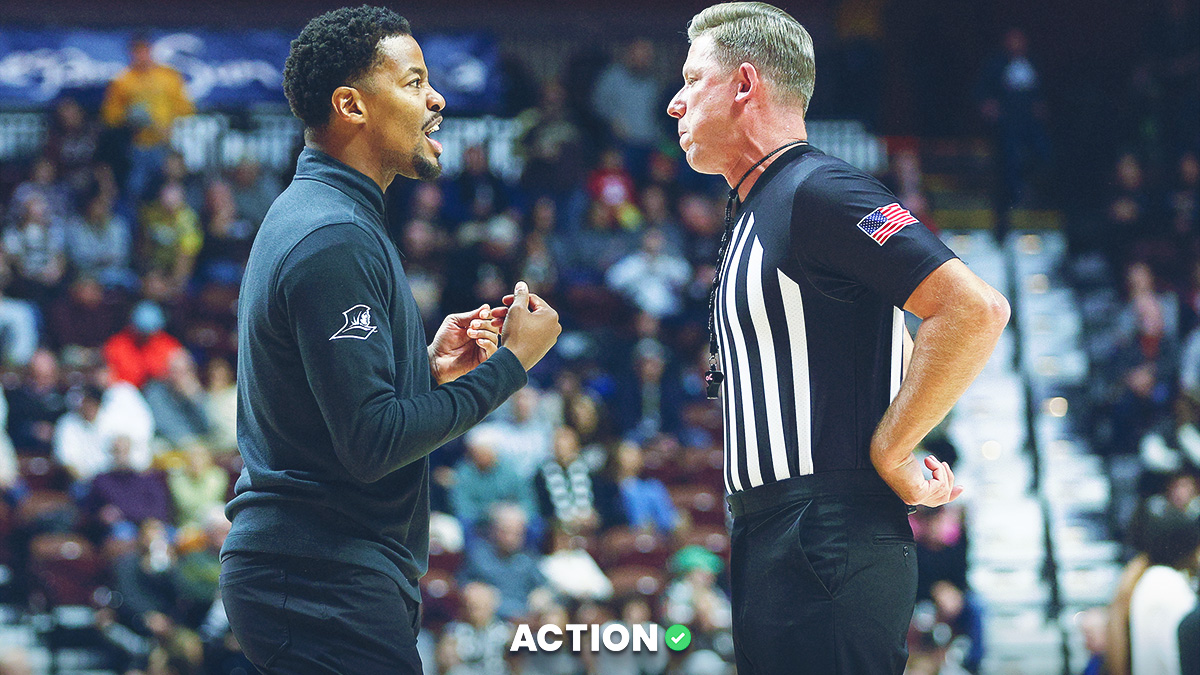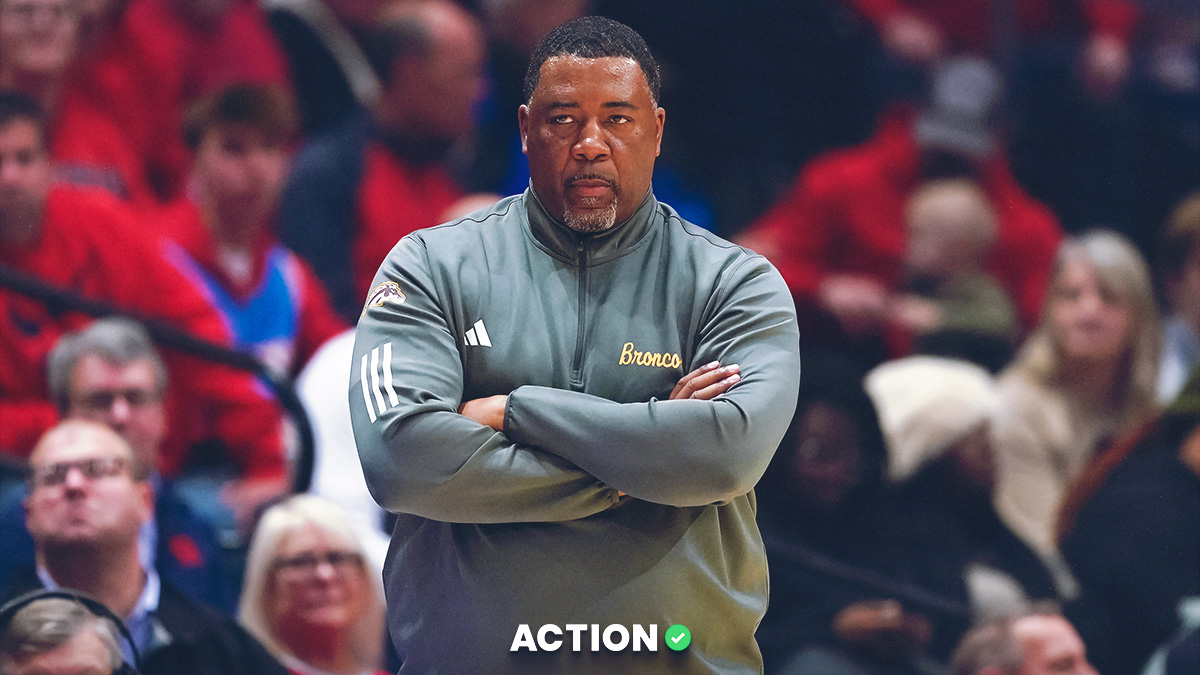You don’t need to know a single thing about college basketball to win your March Madness bracket. In fact, I’d argue even the most robust knowledge of college hoops leads to the smallest of edges over someone who knows nothing about the game.
And I’m not just saying this because I know less about college basketball than my dog does. I mean, he’s a huge Georgia fan ‘cause his buddy is the mascot, but still.
Tourney brackets are a problem in game theory in which two things affect results: Accuracy and payoffs. We want accurate selections, and we want to be rewarded as heavily as possible when they hit.
Most games of competing minds are a balance between how much we should focus on accuracy versus payoffs. In daily fantasy sports, for example, players balance their on-field projections with ownership; they need to predict what will happen in games, with their lineups benefiting most when the guys who do well are in their lineups but not the lineups of others.
It’s the same in March Madness pools. You’ll be right most often by selecting a champion with the best odds of winning before the tournament. You’ll maximize the payoff by selecting the team with the worst odds. The degree to which you emphasize one or the other — accuracy or payoffs — depends on a variety of factors.
The first is how accurately you can predict results. If matchups between No. 5 and No. 12 seeds were a coin flip, your willingness to pick the underdog should of course be different than if 12 seeds won at just a 10% clip.
The second factor is how much of an edge you can find in maximizing accuracy. And this is the point that I think is most relevant in claiming that knowing college basketball just doesn’t really help you win your bracket: Predicting game outcomes can easily be outsourced. There’s just so much data available from so many smart people that you can pretty much just get “close enough” in figuring out how good these teams are.
Between pre-tourney odds to win, lines on individual games, advanced power rankings, and so on, there’s just not much of an edge to be had when it’s so easy for a random person like me to get a sense of teams’ true win probability in a matter of minutes.
It’s not what you know. It’s what you know that others don’t.
One of my favorite people in DFS — Jay Raynor a.k.a. BeepImaJeep — is a super-creative tournament player famous for knowing next to nothing about sports. He’s learned a bit more since he started playing daily fantasy, but people are always shocked to learn that Jay, who doesn’t really have much interest in watching sports, at one point didn’t know the difference between a cornerback and a quarterback. And he’s one of the top guaranteed prize pool players I’ve ever met.
Jay’s approach has been to solve the game of DFS primarily through means other than predicting player performance. That means looking at things like lineup construction, correlations and, specifically, game theory as opposed to obsessing over whether Mike Trout should be projected at 0.33 home runs or 0.29 home runs. This general idea — that winning in DFS is more about solving a game than predicting sports outcomes — extends to March Madness bracket strategy, too (and even more so).
Is there an edge in truly knowing college basketball inside and out? Yes. I just don’t think it’s that big. It’s just kind of silly to spend endless time debating if Duke is 27.5% or 29.2% to win it all if the Blue Devils are picked as the champion in half of the brackets in your pool. In that instance, the payoff — the usable edge to you — is too small to justify selecting them because, if they win, then you’re still tied with half of the field.
If Duke were selected in just 10% of brackets, though, it would be a different story. You’d then have, say, a 28% chance to have a huge lead on 90% of the field.
It’s important to remember that winning a March Madness pool isn’t a contest to maximize the chances of selecting a perfect bracket. It’s a game in which you’re looking for the biggest edge over your opponents. In reality, the question shouldn’t be “How do I pick as many games correctly as possible?” Rather, the question is “What strategy will allow me to maximize my win probability without a need to hit on a ridiculously high percentage of picks?” Or, alternatively, “How can I benefit if others perform poorly?”
With that said, I want to move out of the theoretical world and propose a few actionable tips for creating the optimal bracket this season.
1. Pick More Favorites
“More” is of course relative here, but most people pick too many underdogs to win, specifically in the early rounds. The reason people pick dogs seems straightforward: Almost every year, there are lots of upsets.
Here’s the problem with that approach: Your job isn’t to determine if there will be upsets. It's to pick which upsets will occur. Much different story. And so while it might be statistically likely that at least one No. 12 seed will upset a No. 5 seed, that doesn’t mean you necessarily should be picking one to do it.
There are all kinds of possible tournament outcomes, but the most likely single outcome is that every favorite wins. That’s exceedingly unlikely, but of all possible paths, the most likely single one is that each team that’s over 50% to win a game will actually win the game.
Here’s an analogy. If you were to flip a coin 10 times, is it more likely you get 10 straight heads or that you get tails at least once? Obviously the latter. But getting 10 straight heads is just as likely as any other specific scenario of flips, like HTTTHHTHHT or something.
Now let's assume we’re flipping an unfair coin and heads has a 51% chance to show up. Then the most likely single string of flips would be HHHHHHHHHH. Even though tails is almost guaranteed to come up multiple times, you shouldn’t pick a single tails, because you'd be guessing which times will show tails, not if tails will come up in general.
So while it’s unlikely that every favorite will win, it’s statistically the most probable single string of outcomes. If you were going for nothing other than maximum accuracy, your bracket would be nothing but favorites.
2. Tailor Your Strategy to the Size of Your Pool
Of course, your goal shouldn’t be to maximize prediction accuracy. Your goal is to beat others in a game. To demonstrate why your strategy should change based on the size of your pool, let’s just think about the extremes: One pool playing against a single friend and one pool competing against 10 million people.
In the single-friend scenario, you need to beat just one bracket, and so there’s very little reason to get creative. Yes, upsets will happen, but it’s not very likely that your friend will accurately identify those to beat you. In the other pool, however, you’re competing against so many bracket combinations that someone is actually likely to hit on a large percentage of the upsets that do occur.
Each time you select an underdog, you’re effectively increasing the potential payoff for being right. The extent of that payoff is related to the number of brackets with which you’re competing. The greater the number, the more incentive there is for you to get creative. In most pools, though, people tend to pick too many dogs.
To see how the size of your specific pools should impact your brackets, check out Sean Koerner's Bracket Simulator.
3. Spend Time Predicting Payoffs
I keep talking about payoffs, but that’s because I believe assessing payoffs — even naively — is much more valuable than trying to grind out a small edge analyzing teams.
Last year, ESPN had some awesome data on how often each team was getting picked in brackets. I think most people don’t grasp just how valuable this is: These are your odds.
In the same way an underdog with a 30% chance to win is a great bet at +500 and a terrible one at even money — and you can’t possibly know if the team is a good bet without knowing the odds — you can’t possibly know if your championship selection is a good or bad one without some consideration of the payoffs.
If you’re in two pools in which your opponents have employed drastically different strategies, your answer to “Which teams are the best Final Four picks?” better be different for each bracket.
Last season, Gonzaga and Auburn — both No. 4 seeds — were second and third in terms of how often they were picked to win the championship. Meanwhile, UNC — a No. 2 seed — was picked more than 12 times less often than Gonzaga.
If there’s one theoretical argument against being so game theory-centric in your approach to March Madness brackets, it would be an inability to predict which teams will be popular selections. In reality, though, you can use data like this as a baseline and then adjust for what you know about the people in your specific pools.
To hammer this home, let’s go back to the coin-flipping example. With a coin that has a 51% chance to land on heads in any given flip, we should always pick heads if our sole goal is to maximize accuracy. But what if we’re given 2-to-1 odds on tails? Well, all of a sudden it’s massively +EV to bet tails, even though it’s the least likely outcome.
In that example, heads is the right pick if we’re trying to maximize accuracy, but tails is the right pick if we’re trying to maximize profit — kind of like the difference between picking outright winners versus moneylines.
Another comp might be an NFL team kicking an extra point after going up by eight points late in a game. The +EV move might be in going for two (for many teams, depending on their conversion rate) if the goal is to maximize points. But the right decision is to kick the extra point to go up nine, which clearly maximizes win probability.
March Madness brackets are effectively a slightly more complicated version of betting on coin flips. Most people are focusing on maximizing accuracy. You should focus on the profit.
4. Consider the Psychological Impact of Seeding & School Size
I already mentioned the No. 5 vs. No. 12 example, which is a popular matchup (it seems) for people to pick the dog. I actually think picking all of the No. 5 seeds to win is probably smart because of this.
I also think that in most pools, people are generally going to favor the bigger school in any given matchup if they’re unsure which one to choose (N.C. State over Seton Hall, for example). So I generally like to choose the smaller school, all else being equal, because I’m probably going to run into lower ownership.
When the Vegas spread is close — meaning the game is probably near a coin flip — choose the team you think will be less popular.
5. Use a Barbell Approach
What we’re effectively trying to do with our brackets is to be contrarian, and there are different ways to do that. I tend to prefer a “barbell” approach — a term coined by Nassim Nicholas Taleb:
I initially used the image of the barbell to describe a dual attitude of playing it safe in some areas and taking a lot of small risks in others, hence achieving antifragility. That is extreme risk aversion on one side and extreme risk loving on the other, rather than just the “medium” or the beastly "moderate" risk attitude that in fact is a sucker game (because medium risks can be subjected to huge measurement errors).
I’ve used this approach in DFS, pairing a couple very low-owned guys with chalk — the obvious values, even if popular — rather than trying to find both value and reduced ownership on every player. The result is a barbell-esque lineup that has contrarian elements without the need to sacrifice obvious value.
In your March Madness brackets, don’t feel the need to pick a bunch of dogs in every round. The benefit of hitting on a No. 12 over No. 5 seed is still pretty minimal compared to picking the champ. You can gain a lot more leverage in the later rounds by taking a stand on one or two under-the-radar teams.
The “right” way to do this really depends on the size of your pool and the predicted popularity of each team. One possible path is to identify and seek to exploit the largest public inefficiency.
Let’s say the top overall seed has a 25% chance to win but is being selected in 40% of brackets. And now let's assume things won’t go their way. How can we most benefit from that?
In this instance, we should maybe pick the No. 2 seed in that particular bracket, since that team will clearly see a big boost in win probability if the top team in the bracket is eliminated, which would also subsequently effectively eliminate a huge percentage of your pool. And if you assess the No. 2 seed's odds of winning as greater than its “odds” via public perception, even better.
Again, you'll find Sean Koerner's Bracket Simulator helpful in this regard. By simply comparing Sean's odds of each team to win the tournament to the public consensus via ESPN or Yahoo, you're gaining an edge on your competitors.
6. Have Fun
Just kidding. Fun isn’t part of this.
If you aren’t taking your friendly March Madness pools so seriously that you put relationships with friends and family at considerable risk, destroying any chance of enjoyment for you and those around you with serious ramifications seeping into your personal life for an extended period of time, maybe forever … well then you just aren’t a winner I guess.


